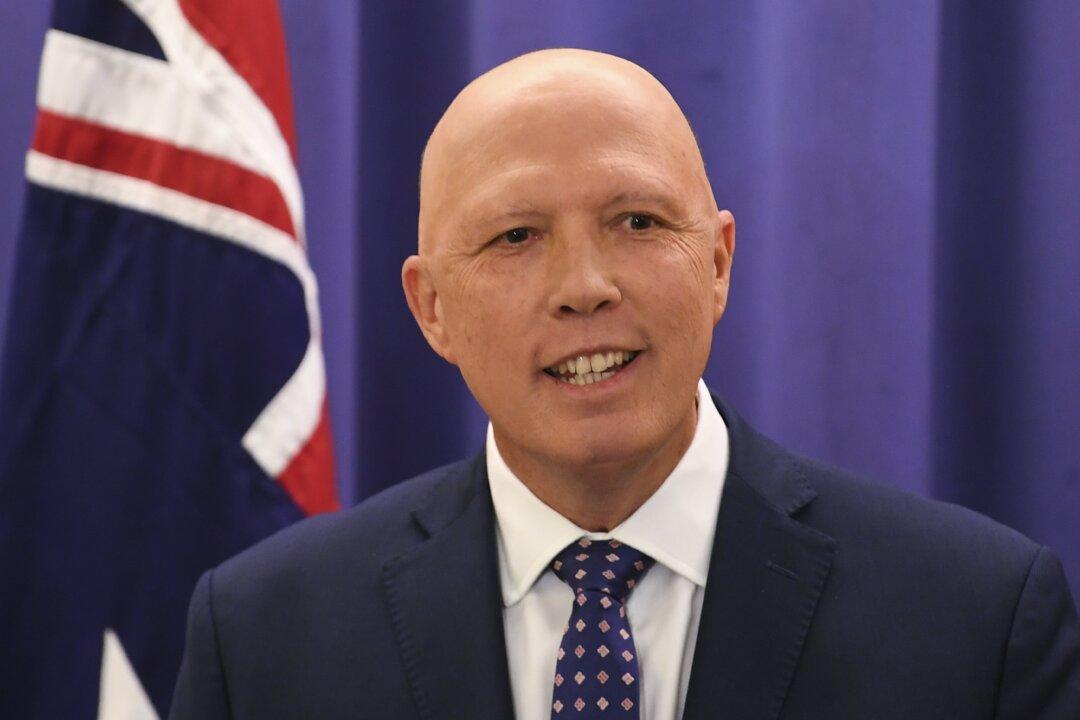Commentary
So Peter Dutton inaugurates his new career as Australian opposition leader with a couple of apologies. First, it’s not a great start.

So Peter Dutton inaugurates his new career as Australian opposition leader with a couple of apologies. First, it’s not a great start.